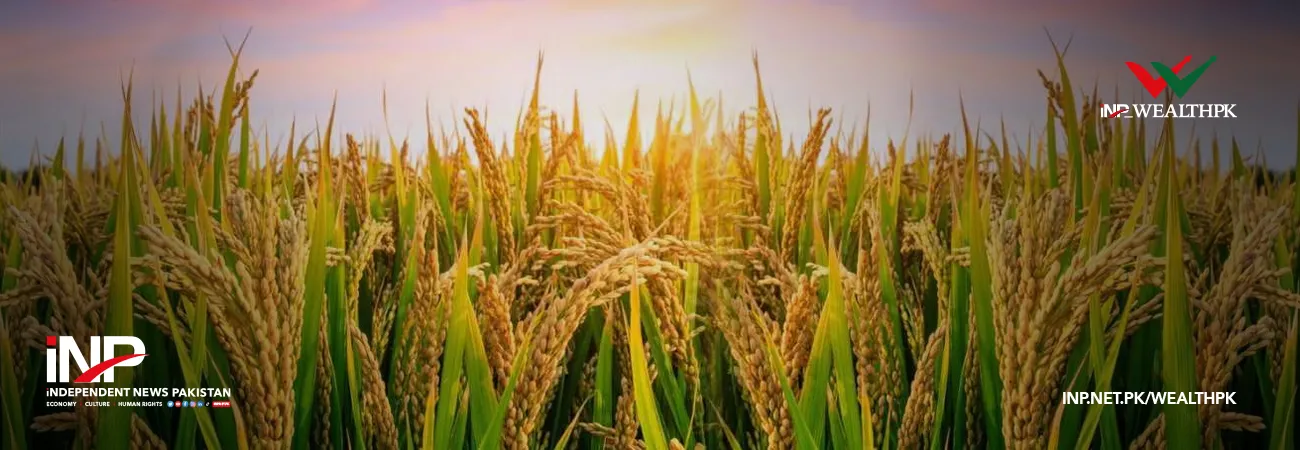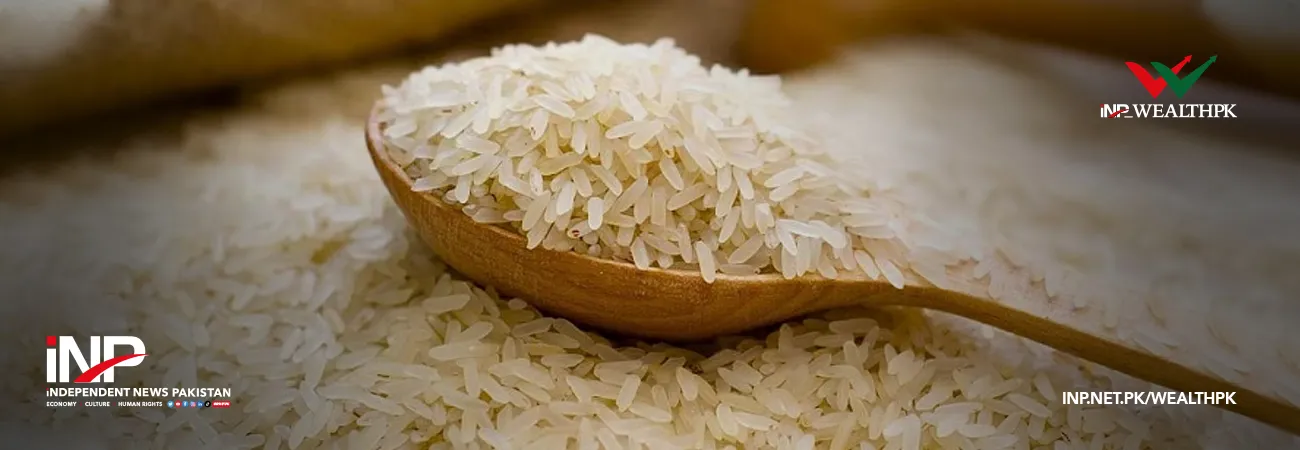INP-WealthPk
Arooj Zulfiqar
Pakistan needs to adopt water resource management technology to face future challenges and develop the agriculture sector by preserving irrigation water, WealthPK reports. Every sector requires water as it is one of the necessities of life. Water resources are depleting across the world due to climate change. Pakistan is blessed with abundant water resources but these resources are being depleted with the passage of time like other countries. Pakistan needs to adopt water resource management technology to preserve these resources.
Deputy Director of the Pakistan Council of Research and Water Reservoirs (PCRWR) Saiqa Imran told WealthPK that Pakistan’s increased climatic vulnerability necessitated quick measures for the preservation, restoration and conservation of water resources at national and local levels. “Climate change is the primary cause of depletion of water resources. The shortage of water and depletion of resources in the future due to the world’s exponentially rising population and climate change have triggered concerns,” she said.
Pakistan has one of the largest contiguous irrigation systems in the world where more than 93% of water is used for agriculture, 5% for domestic purposes and 2% for the industrial sector. “Domestic and industrial sectors will use 15% more water by 2025. Since modern irrigation techniques have not been adopted in the country, the agriculture sector is the biggest user of water, but its contribution to the economy has declined over time,” said Saiqa Imran.
Although Pakistan is an agricultural country, it has a weak water infrastructure, which leads to extensive water loss. Approximately 60% of the water consumed by agriculture is lost through canals, rivers and in farms. A small saving of water in the agriculture sector would have a greater impact. “As water reserves decline to 1,000-meter cubic per capita, it is obvious that Pakistan will fail to provide water to the growing population in the coming years. Additionally, despite the fact that the world’s average storage capacity has reached 40%, Pakistan can only conserve up to 10% of its annual river water due to insufficient storage space,” said Saiqa Imran.
She said that the quarters concerned must revise the current water policies and upgrade the existing infrastructure by using the latest water restoration technologies. Regulatory frameworks, water licensing and integrated water resource management were some of the technical and management measures the country could adopt to ensure water conservation at all levels by reducing irrigation losses and encouraging farmers to use more effective irrigation methods, she added. Saiqa Imran said that rulers should re-evaluate water policy to promote wastewater recycling through the involvement of the private sector and optimal water pricing. “The examination of varying patterns of climate change in the subsectors of irrigation, drainage, flooding and drinking water can be carried out by using the geographic information system and remote sensing,” she told WealthPK.
Credit : Independent News Pakistan-WealthPk













